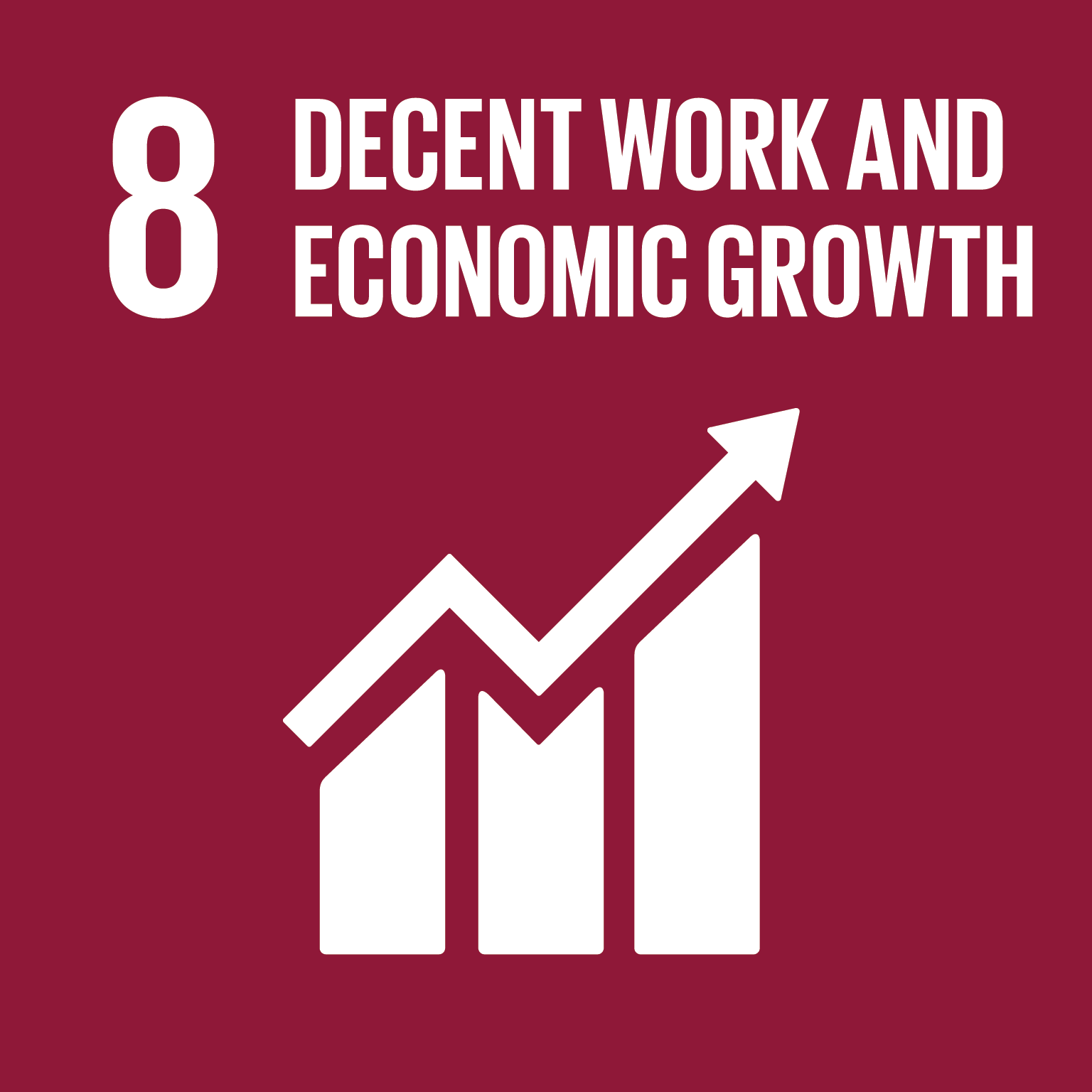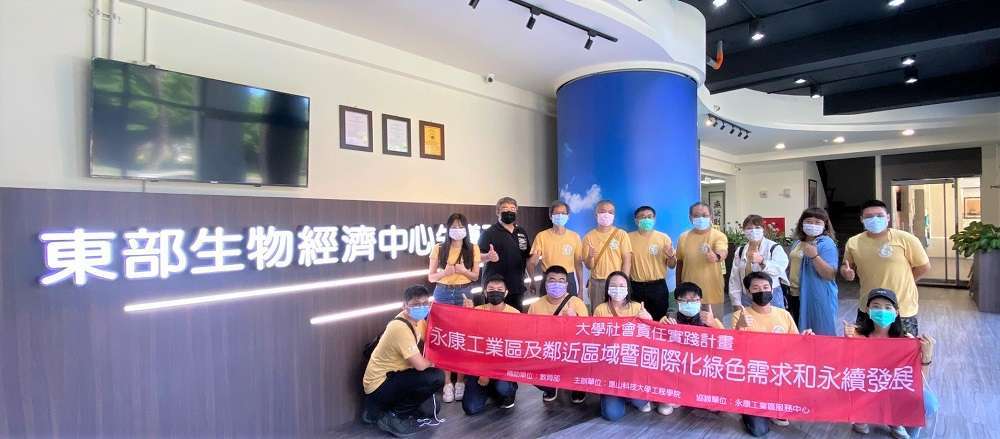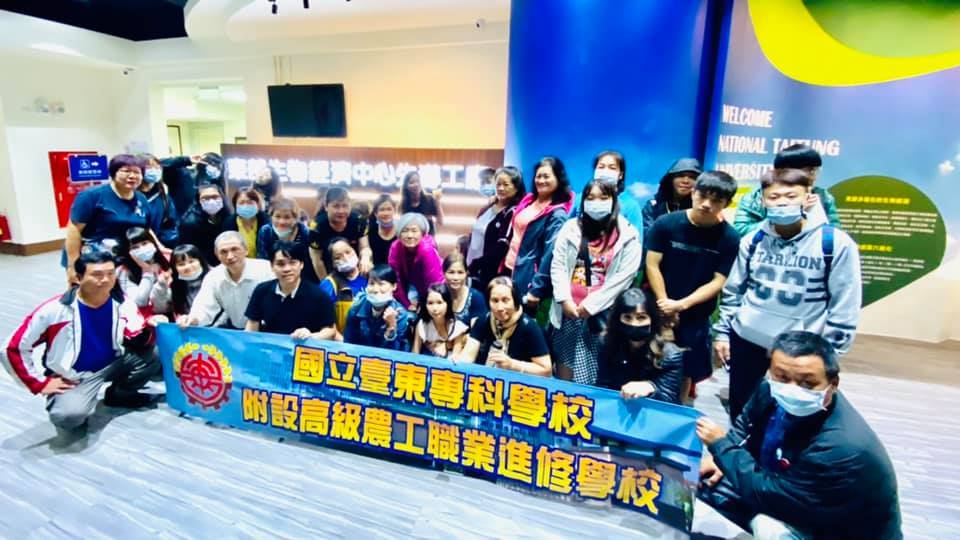East Bio-economic Center
 |
 |
 |
East Bio-economic Center



To assist the transformation and upgrading of local industries, the pilot plant of NTTU’s East Taiwan Bio-Economic Center was launched at the end of 2019.
Objectives:
Assist local government agencies in promoting the Sixth Industrialization policy in eastern Taiwan while also strengthening the industry-academic collaboration and talent cultivation between the industry, government and academia units and the National Taitung University in biology-related industries.
Characteristics:
The East Bio-Economic Center has a pilot factory which can provide local industry services and industry-academia collaboration as well as help local industries conduct trial production to improve value creation of agricultural raw materials and products produced in Taitung.
Missions:
(1) Actively develop a pioneering biotechnology plant.
(2) Consolidate the school's faculty members from different disciplines to collaborate with local communities through teaching and research to develop health foods that are friendly to the land and the environment.
(3) reate a social and ecological resilience system for Taitung based on green economy.
Highlights:
The Dulan Placemaking Project adheres to tribes' eco-friendly land management principles. It incorporates specialized courses from the Department of Cultural Resources and Leisure Industries, Department of Digital Media and Education Industry, Department of Information Science and Management Systems and Department of Life Science, taking students to Dulan Tribe and farms to co-create with tribal members to contribute recreational farming and in-depth eco-tourism. The project encourages students to conduct design based on Dulan Tribe's existing natural materials and develop cultural creativity products. There is a smart agriculture demo zone in the farmlands of Dulan Tribe. The East Bio-Economic Center pilot plant newly established by the school takes students through a collaboration with Dulan Tribe to make the existing plants and the ethnobotanical plants of the Ami Tribe into health foods.
Basic ethnobotanical plants knowledge, professional biotechnology product R&D and manufacturing capability, and marketing system knowledge are required in order to develop products that are land-friendly and capable of creating economies of scale. With this, tribal people have the opportunity to stay, and outside talents will have the opportunity to join them, forming a social system based on friendly land. A good society will have the possibility of sustainable ecology.
Additional link
News report
Click Num:
Share


